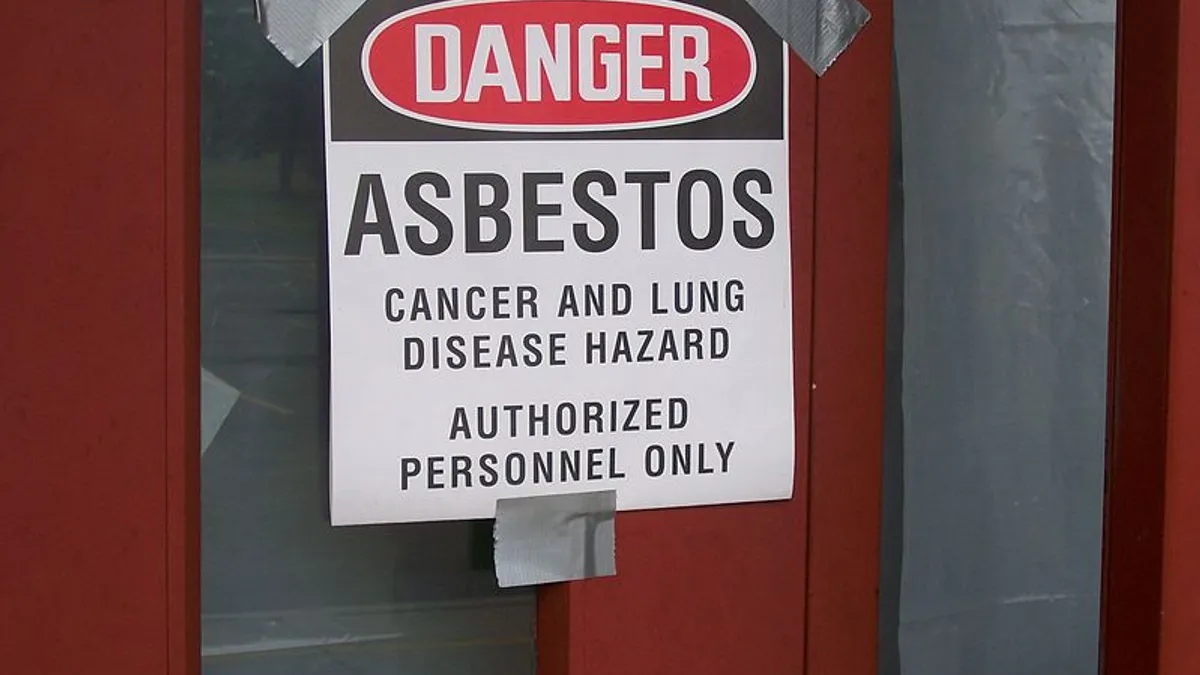President Donald Trump's recent executive order directing federal government agencies to waive environmental regulations and to take other actions necessary to streamline and expedite infrastructure projects was designed to help hasten the economic recovery from the COVID-19 pandemic.
The order includes surface transportation projects as well as infrastructure, energy, environmental and natural resources projects on federal lands. It effectively does away with the responsibility for federal agencies to abide by regulations established by laws like the National Environmental Policy Act, the Endangered Species Act and the Clean Water Act and aims to speed up public works projects that will create jobs.
Last week, Construction Dive asked readers their thoughts about the role of environmental regulations in construction. About 46% of those responding to the survey said environmental regulations affect their projects, in a variety of ways.

Respondents reported that the top three environmental laws they deal with are:
- Lead/silica dust regulations (78%)
- Clean Water Act (75%)
- Hazardous waste regulations (65%)
Although many respondents said the rollbacks would help make it easier to get permits, reduce costs and speed up project timelines, some readers said these perks are outweighed by the need to protect natural resources. They voiced concerns that loosening of regulations will reduce quality and innovation and undermine the country's progress on environmental issues. Seventy-one percent said no more regulatory rollbacks should be undertaken.
"While environment checks can be tedious, they are so necessary, especially given the current pace of climate change," wrote one reader. "The construction industry is already known to be wasteful and old-fashioned, and if we continue to build without environmental consciousness, we will be in very bad shape a few years down the road."
Another reader noted that environmental laws such as regulating lead paint and asbestos help protect construction workers' health and several said regulations don't pose an undue burden on construction work.
"The construction industry knows how to integrate these laws into the design, permits, approvals and construction process," one wrote. "Environmental protection laws should be retained for the protection of this country and the next generation of Americans."















